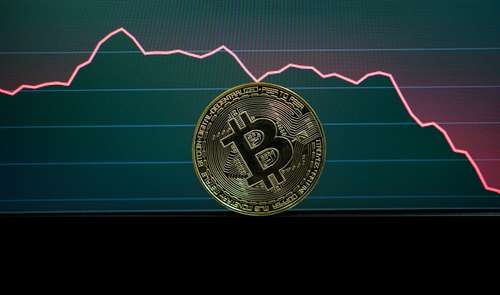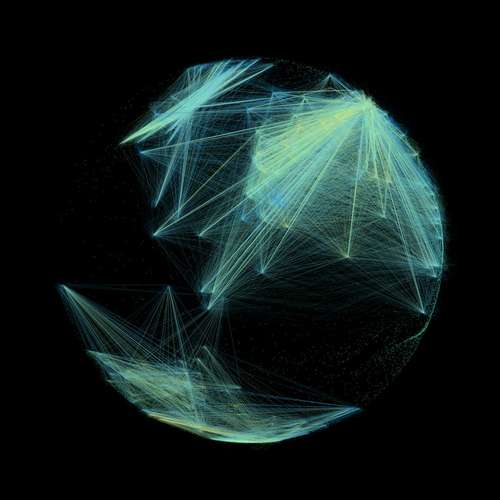Last week, sanctions were declared by the US Treasury Department against Tornado Cash, a well-known "mixer" and open-source privacy tool that permits anonymous and private crypto transactions.
All Americans are now prohibited from interacting with Tornado Cash as a result of the Tornado Cash website and related Ethereum addresses being added to the OFAC (Office of Foreign Assets Control) blacklist, which is typically reserved for "persons involved in terrorism, enemy states, or other state-sanctioned activities and ensure that these individuals cannot get the benefit of the US financial system."
According to the US Government, Tornado Cash has been used to launder $7 billion. A blockchain analytics company called Elliptic places the amount closer to $1.5 billion.
We can all agree that the government should take action against criminals, and it is common for the government to impose sanctions on particular wallet addresses that belong to people who are suspected of supporting terrorism and other prohibited actions.
Tornado Cash is not a "legal entity" in the sense of a human or organization, which distinguishes this situation from others. Instead, it is a technology tool that is used by a wide range of individuals. The enormous raid is not only illegal, but it might also violate Americans' constitutional rights.
It appears to be the approval of a tool with a neutral personality that can be used for good or harmful purposes like any other technological advancement.
Jerry Brito and Peter van Valkenburgh of Coin Center commented on the action in a recent article. "It is not any specific bad actor who is being sanctioned, but rather all Americans who may wish to use this automated tool in order to protect their own privacy while transacting online who are having their liberty curtailed without the benefit of any due process," they said.
The "real economy" has always included privacy as an element of transactions. After all, the cashier doesn't request your driver's license when you pay for your groceries in cash.
"Seeking anonymity in financial transactions is not illegal, and there are many good reasons to do so. For instance, activists in authoritarian governments where disclosing financial information could result in imprisonment or execution value privacy technologies, according to a statement from the NGO Fight for the Future.
For the time being, several businesses are removing Tornado Cash since it is "better safe than sorry." 38 Ethereum addresses that have dealt with Tornado Cash have been placed to Circle's blacklist, the creator of the well-known "USDC" stablecoin.
Others have followed in the footsteps of OpenSea, Discord, and GitHub. This is unavoidable in the short term—and perhaps sensible for these businesses—because they don't want to be associated with illicit activity.
Key stakeholders must, however, make sure that the delicate balance between the right to free speech and the control of undesired behavior is carefully managed in the medium to long term. We all depend on developers' ability to freely create impartial technical tools.




